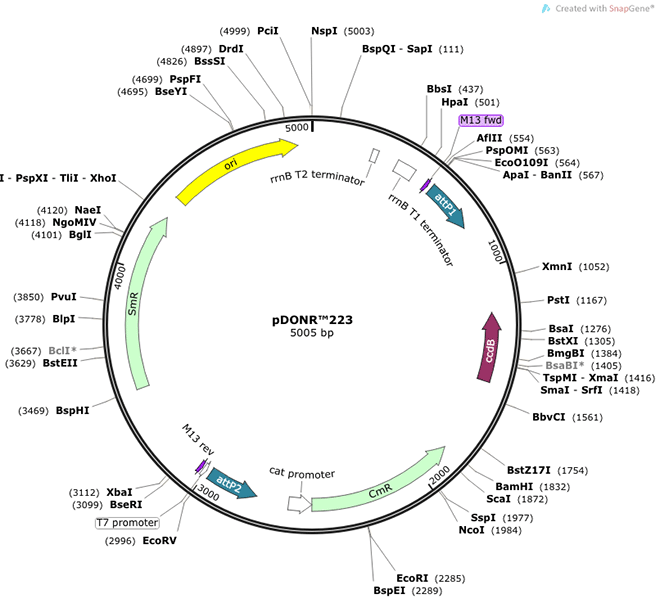Interleukin 1 induces synthesis of acute phase and proinflammatory proteins during infection, tissue damage, or stress, by forming a complex at the cell membrane with an interleukin 1 receptor and an accessory protein. This gene encodes the interleukin 1 receptor accessory protein. The protein is a necessary part of the interleukin 1 receptor complex which initiates signalling events that result in the activation of interleukin 1-responsive genes. Alternative splicing of this gene results in two transcript variants encoding two different isoforms, one membrane-bound and one soluble. The ratio of soluble to membrane-bound forms increases during acute-phase induction or stress. [provided by RefSeq, Nov 2009]
人 IL1RAP (NM_002182) cDNA克隆
| 人 IL1RAP (NM_002182) cDNA克隆 | transcript variant 1 |
| 人 IL1RAP (NM_134470) cDNA克隆 | transcript variant 2 |
| 人 IL1RAP (NM_001167928) cDNA克隆 | transcript variant 3 |
| 人 IL1RAP (NM_001167929) cDNA克隆 | transcript variant 4 |
| 人 IL1RAP (NM_001167930) cDNA克隆 | transcript variant 5 |
| 人 IL1RAP (NM_001167931) cDNA克隆 | transcript variant 6 |


